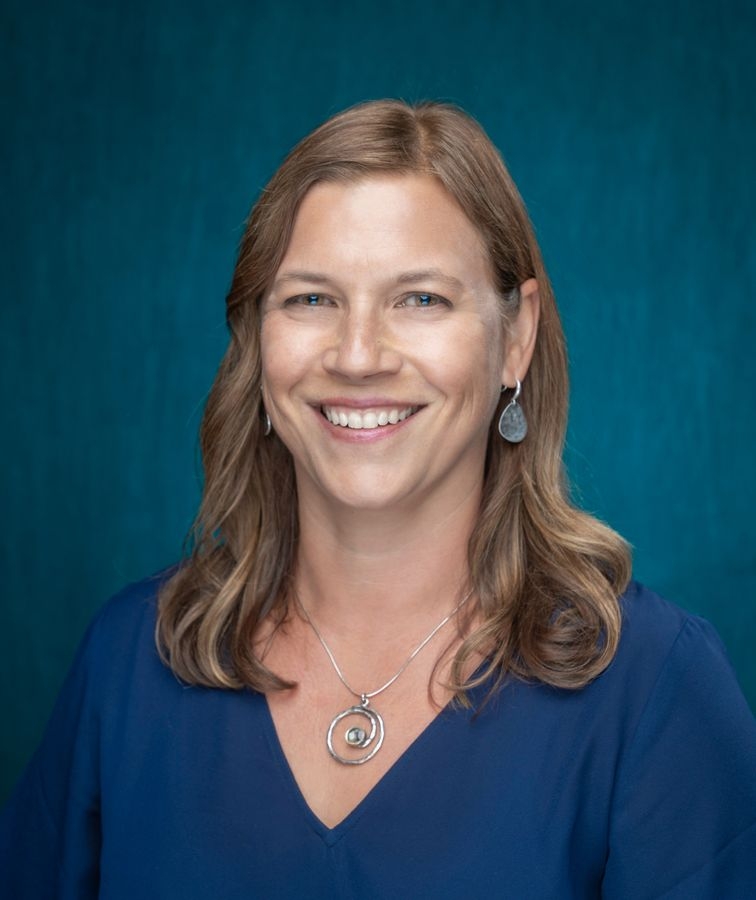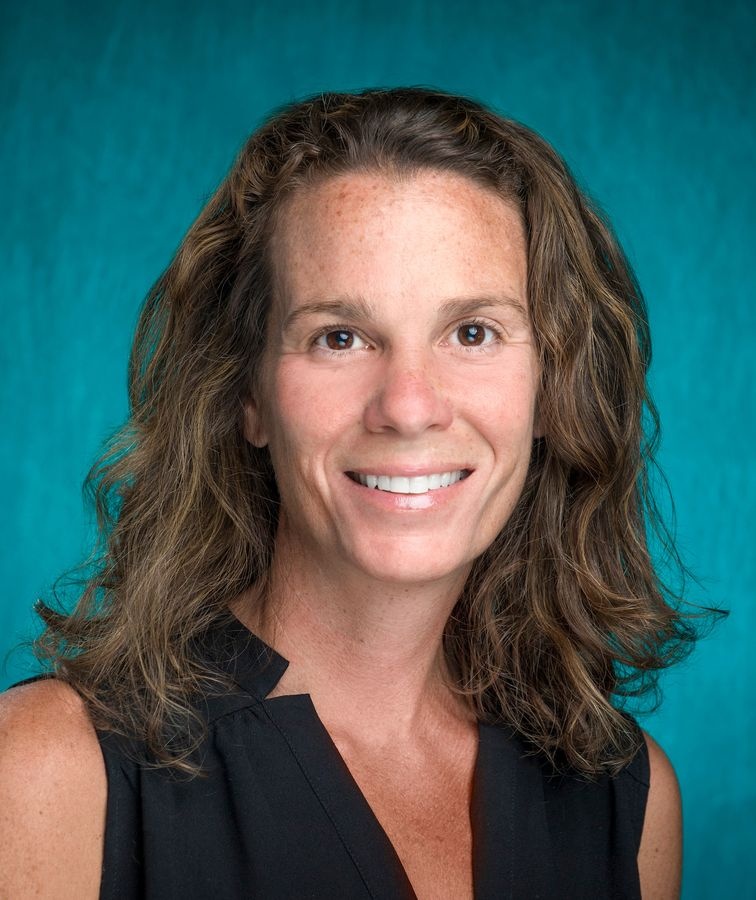Great question! Apply through the UNCW graduate school.
MCOP Program Details
Possible Course Sequence
| Year 1 Fall | Year 1 Spring |
|---|---|
| Science of Coastal and Ocean Policy Issues | Data Analysis/Quantitative Methods |
| Policy Analysis | Coastal and Ocean Law |
| Environmental Economics | Elective Example: Fisheries Management |
| Summer | |
| 3 credits of coursework or internship | |
| Year 2 Fall | Year 2 Spring |
| Science of Coastal and Ocean Policy Issues | Capstone |
| Seminar in Coastal and Ocean Policy | Elective Example: Nonprofit Management |
| Elective Example: GIS | Elective Example: Water Conflict and Cooperation |
Coastal & Ocean Policy Faculty and Staff



Frequently Asked Questions
No. MCOP students have a variety of backgrounds and interests including a diverse range of undergraduate training including, natural, physical and social sciences well as the humanities.
MCOP graduates have gone on to explore a wide range of opportunities including accepting positions in the following areas:
- Aquatic species research and monitoring supporting national sustainability policies
- Alternative energy industries
- Science communication consultancy
- Leadership roles in implementing coastal and ocean policy for paramilitary agencies
- Non-profit organizations promoting coastal stewardship
- Coastal government planning
- Doctoral programs
No. While there are some opportunities for online or hybrid electives, the MCOP program can only be completed by residing in the Wilmington area and attending courses in person.
Yes. Some students complete the MCOP program on a part-time basis. Attending part time (1-2 classes a semester rather than 3) gives the you up to five years to complete the program.
Some students hold down full time jobs while completing their Master in Coastal and Ocean Policy. Most courses are offered in the late afternoon and evening for this reason. Those working full time tend towards participating in the program part-time. Full time students often hold part-time jobs in the community.
Yes! All questions about financial aid should be directed to the UNCW Financial Aid office.
Non-North Carolina resident students with at least a partial teaching assistantships become eligible for an non-resident tuition waiver. A non-resident tuition waiver covers the difference in cost between out-of-state tuition and in-state tuition. Non-resident tuition waivers are allotted based on College of Science and Engineering funding availability.
No. The Master of Coastal and Ocean Policy program is non-thesis based (there is no defense). Throughout the program there is opportunity for students to work with UNCW faculty on research projects of mutual interest. However, students are not required to find a Master's advisor, join a lab, or write a thesis.
Contact Us
Dr. Jennifer C. Biddle
